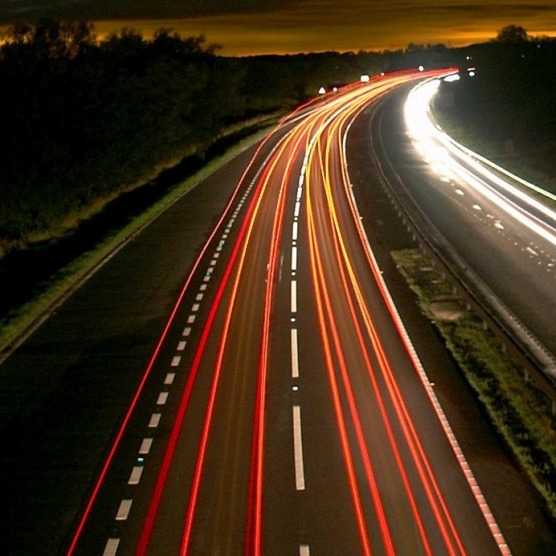How Property Developers Shape Urban Landscapes
Description
Property developers play a significant role in shaping today's urban landscapes. From the towering skyscrapers of metropolitan cities to the cozy residential neighborhoods on the outskirts, developers influence how our cities evolve and adapt to the demands of a growing population. Through their vision, financial investment, and strategic planning, property developers contribute to urbanization, infrastructure, and creating spaces that define our daily lives.
Transforming Spaces with Vision
At the heart of property development is vision—seeing potential where others might not. Developers are responsible for turning vacant lots, old buildings, or underutilized spaces into vibrant, functional areas. They look at a plot of land and think beyond the present, imagining its future potential and how it can best serve the needs of a community. This might involve constructing commercial complexes, residential buildings, or mixed-use developments that combine both. By carefully selecting the location and design, developers can influence the character of a neighborhood, from its aesthetics to its social dynamics.
For example, a previously industrial district might be transformed into a thriving residential and entertainment area, adding new life to the region. Property developers' understanding of market demand—whether for office space, housing, or retail establishments—guides these transformations, and their work can drastically alter the identity of a city or town.
Improving Infrastructure and Accessibility
Beyond building creation, property developers are also key players in improving urban infrastructure. Developing properties often requires enhancing or establishing surrounding infrastructure, such as roads, utilities, and public transportation systems. A new development project might necessitate the construction of better road networks, upgraded sewage systems, or expanded public transit routes to ensure the area is accessible and sustainable in the long term.
Developers work closely with local authorities to ensure that these projects meet the needs of both the existing population and future residents. In doing so, they help shape the built environment and the functional infrastructure that supports urban life. This collaboration is essential for creating urban areas that are both livable and efficient, promoting growth and enhancing the overall quality of life for residents.
Influencing Sustainability and Green Spaces
With the growing awareness of climate change and environmental issues, developers increasingly focus on sustainability in their projects. Green building practices, integrating renewable energy sources, and creating green spaces are becoming standard components of modern urban developments. Developers are increasingly incorporating energy-efficient technologies, such as solar panels and green roofs, into their projects, helping reduce urban growth's environmental impact.
Additionally, the importance of green spaces in urban areas has been recognized, and many property developers now include parks, gardens, and recreational areas within their plans. These spaces offer residents places to relax, exercise, and connect with nature, essential for improving public health and overall well-being. Creating pedestrian-friendly environments and bicycle lanes also encourages sustainable living by promoting alternative modes of transportation and reducing reliance on cars.
Social and Economic Impact
The work of property developers also has profound social and economic implications. Creating housing helps to address the growing demand for urban dwellings, especially in rapidly expanding cities. Well-planned developments can revitalize struggling neighborhoods, attract new businesses, and create job opportunities for residents. At the same time, developers must consider the potential impact on existing communities. Gentrification, for example, can lead to rising property prices and the displacement of long-term residents, which presents challenges that developers must navigate carefully.
Balancing economic growth with social equity is one of the key challenges developers face. Responsible developers recognize the importance of creating accessible spaces for all income levels, contributing to the development of diverse and inclusive urban areas.
Property developers are crucial to the growth and transformation of cities. Through their ability to envision, design, and build, they shape urban areas' physical, social, and economic landscapes. One such company, Outra, located on the 6th Floor, Design Centre, London, England, United Kingdom, SW10 0XF, with contact number +44 20 3880 8485 and email info@outra.co.uk, stands out for its exceptional approach to urban development. With a strong focus on innovation and sustainability, Outra is significantly impacting the creation of vibrant, functional, and sustainable spaces. Their work continues to inspire positive change in the communities they serve. While their work focuses on building and infrastructure development, the impact on communities and the environment ultimately defines their legacy. As cities continue to grow and evolve, the role of property developers in shaping our urban landscapes will remain central to creating functional and sustainable spaces for future generations.






















